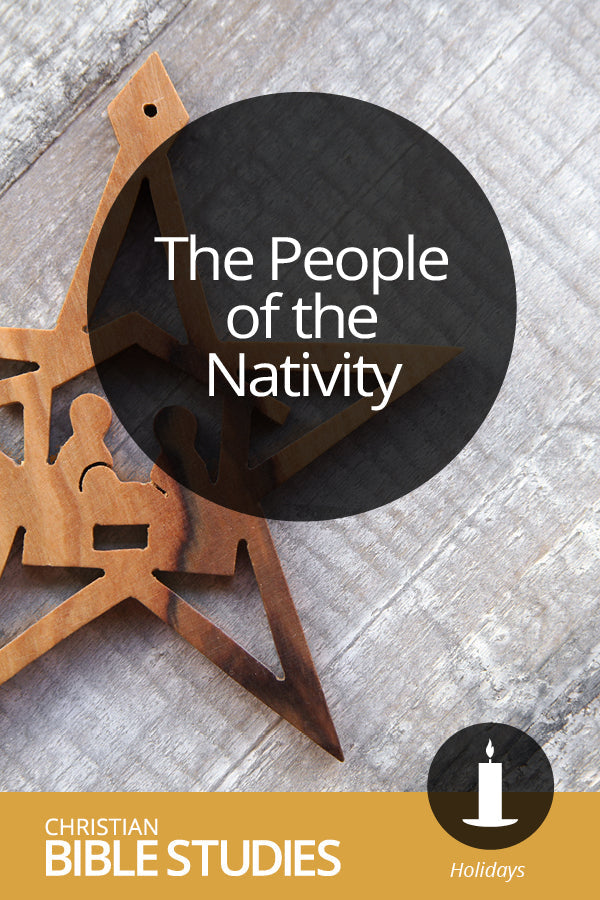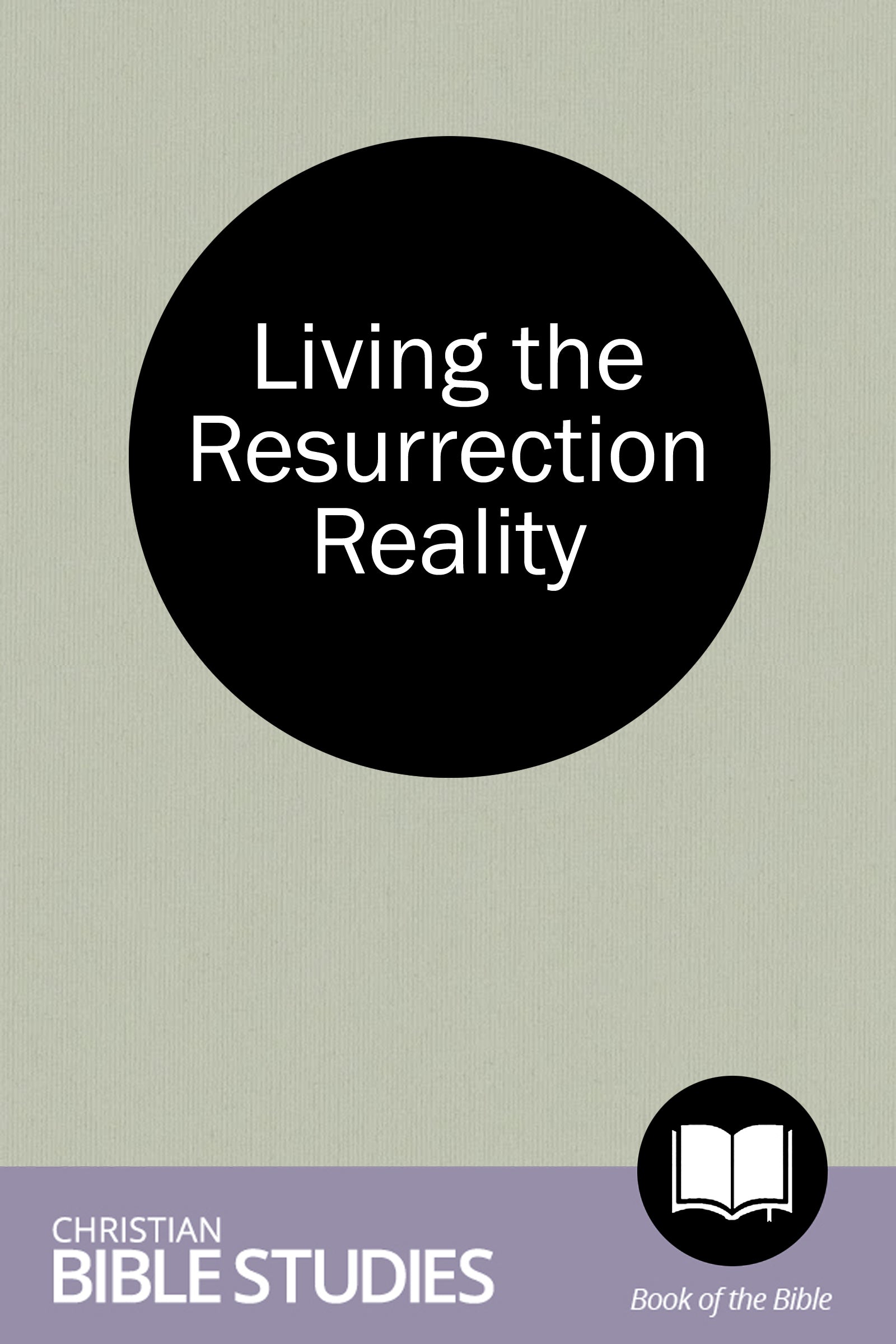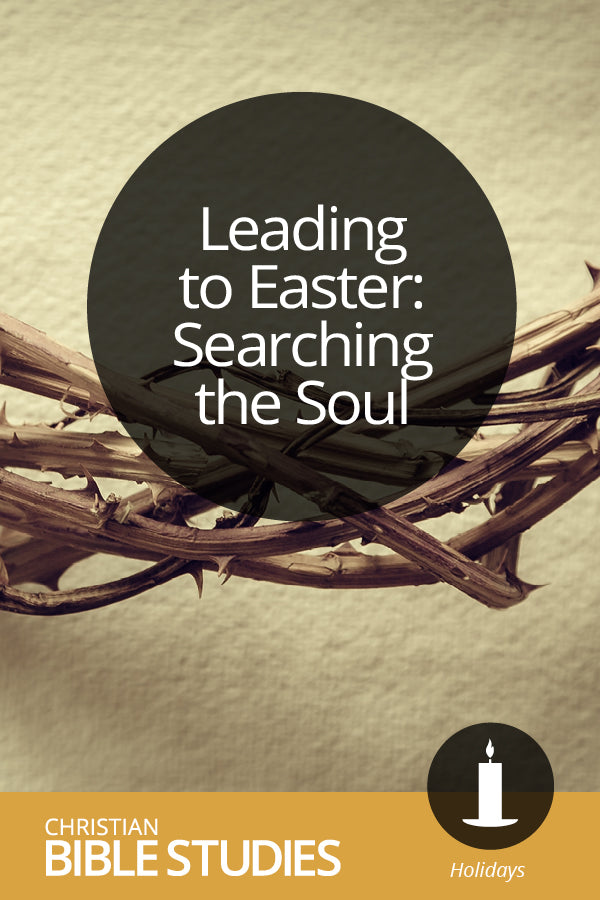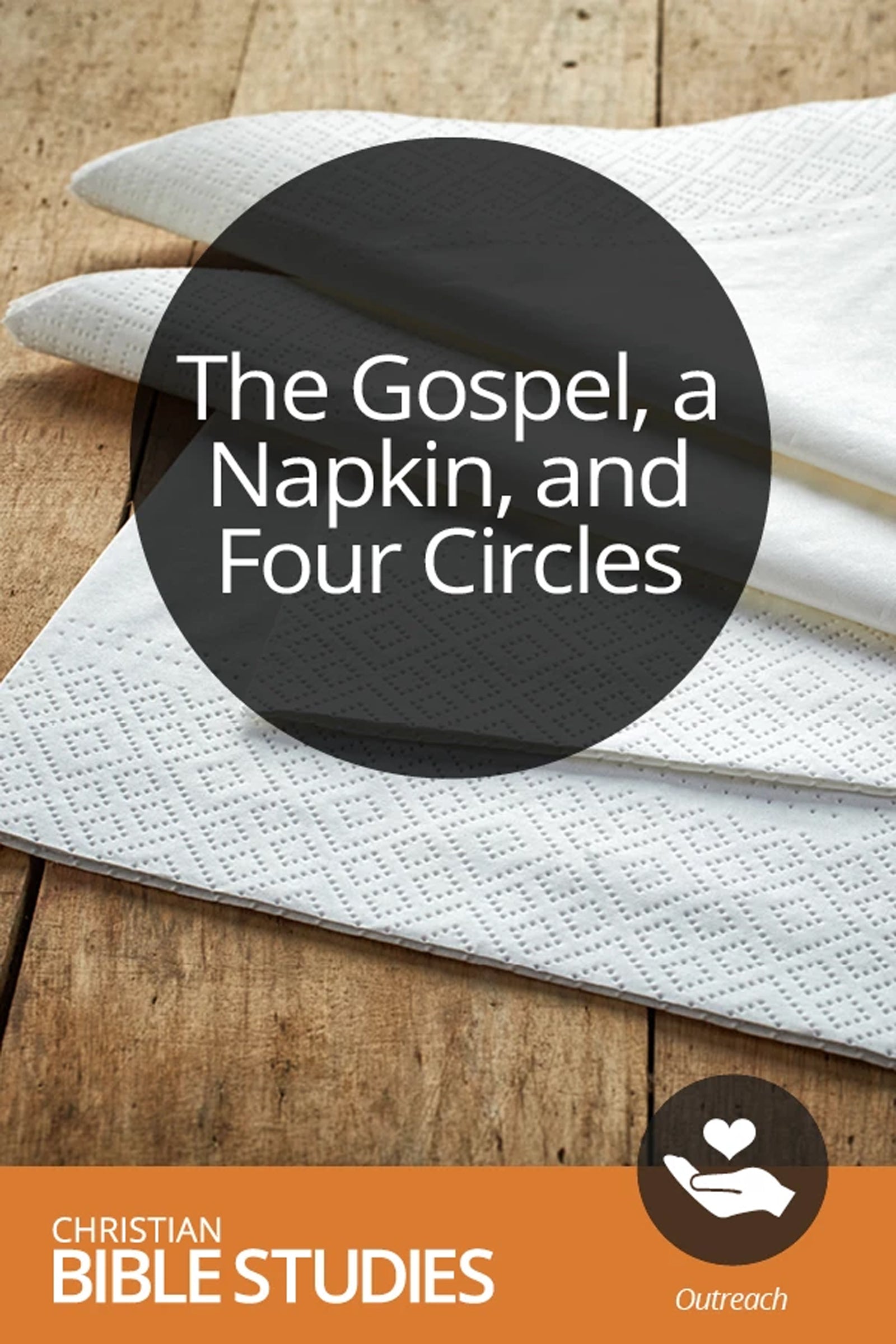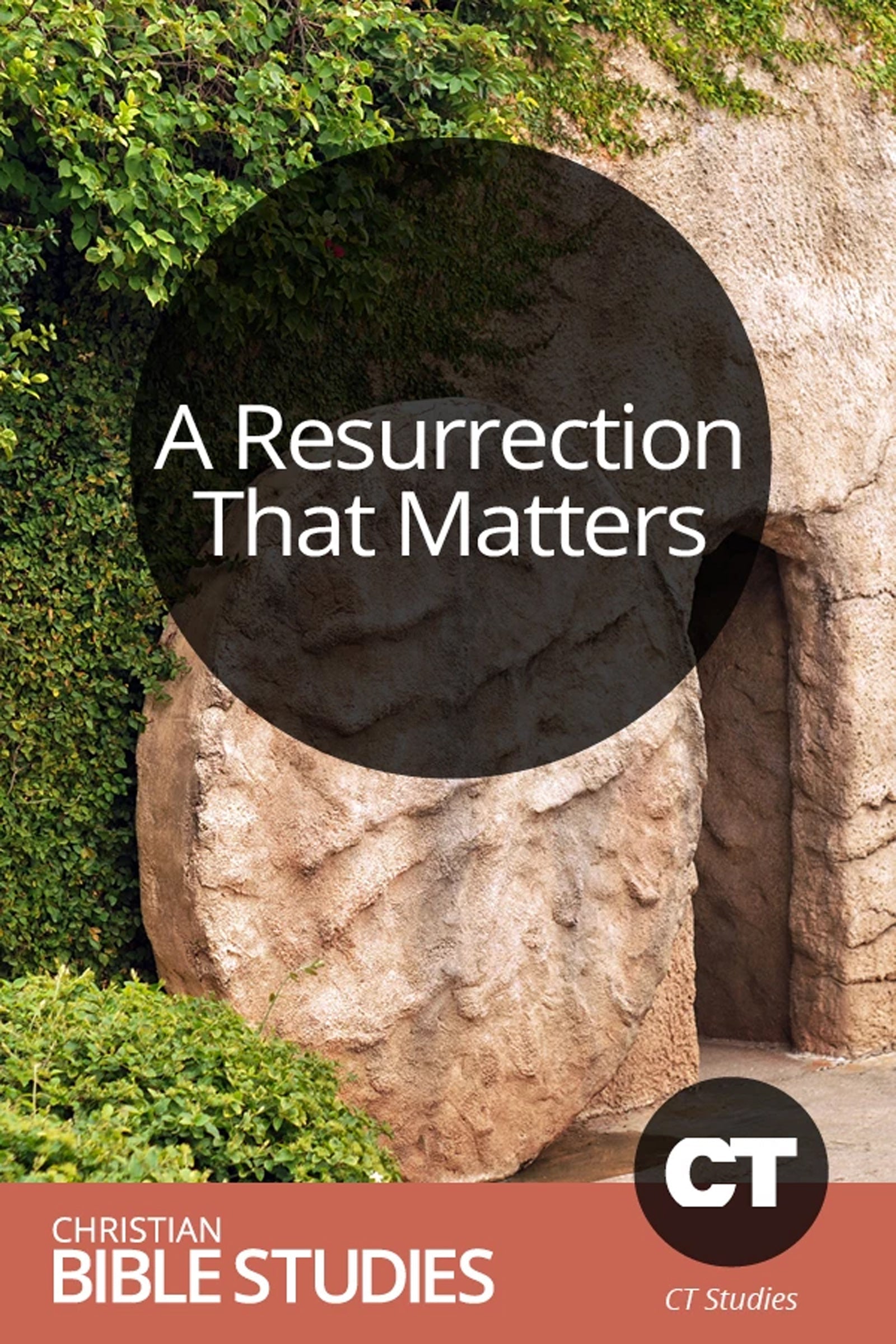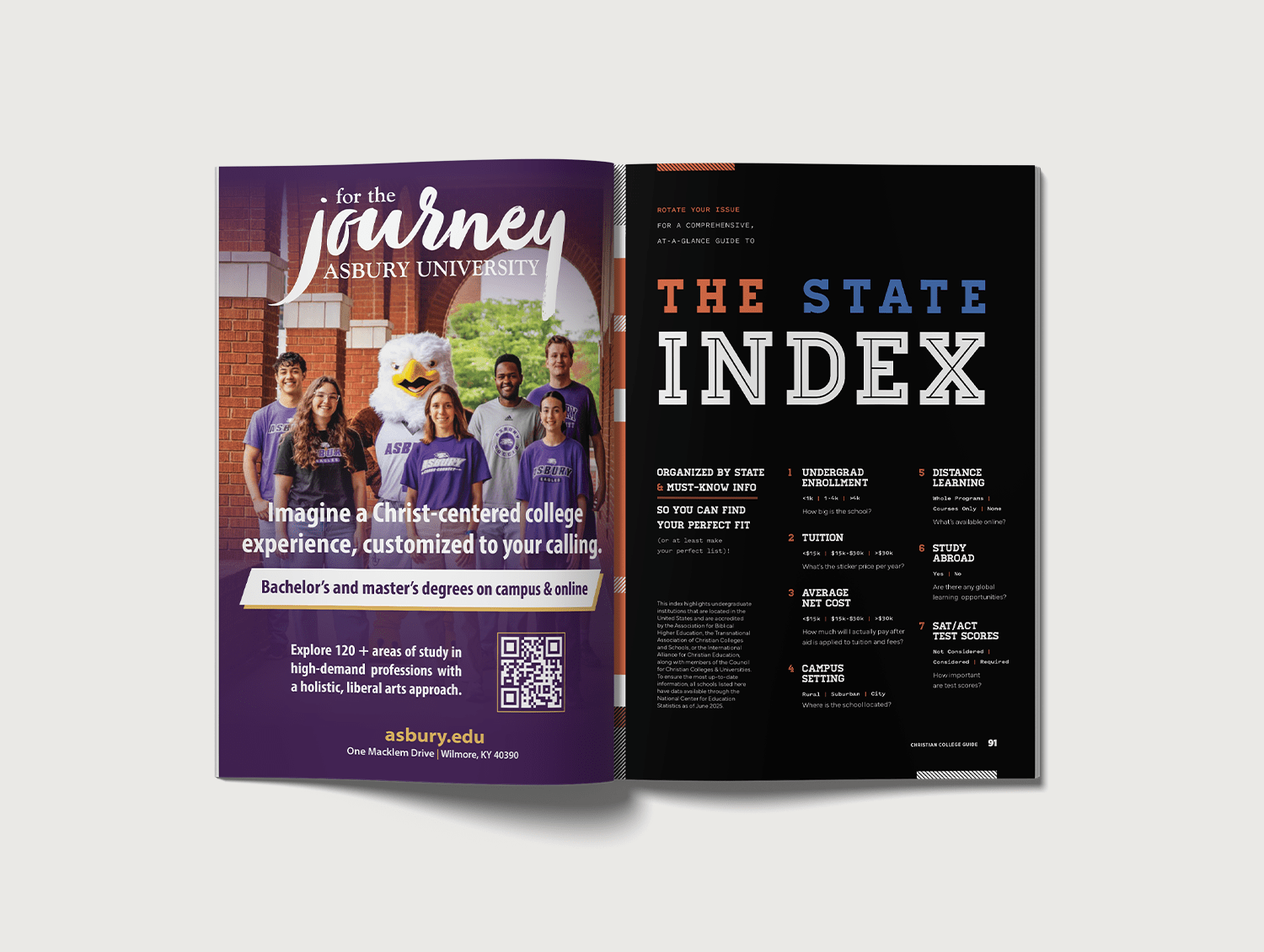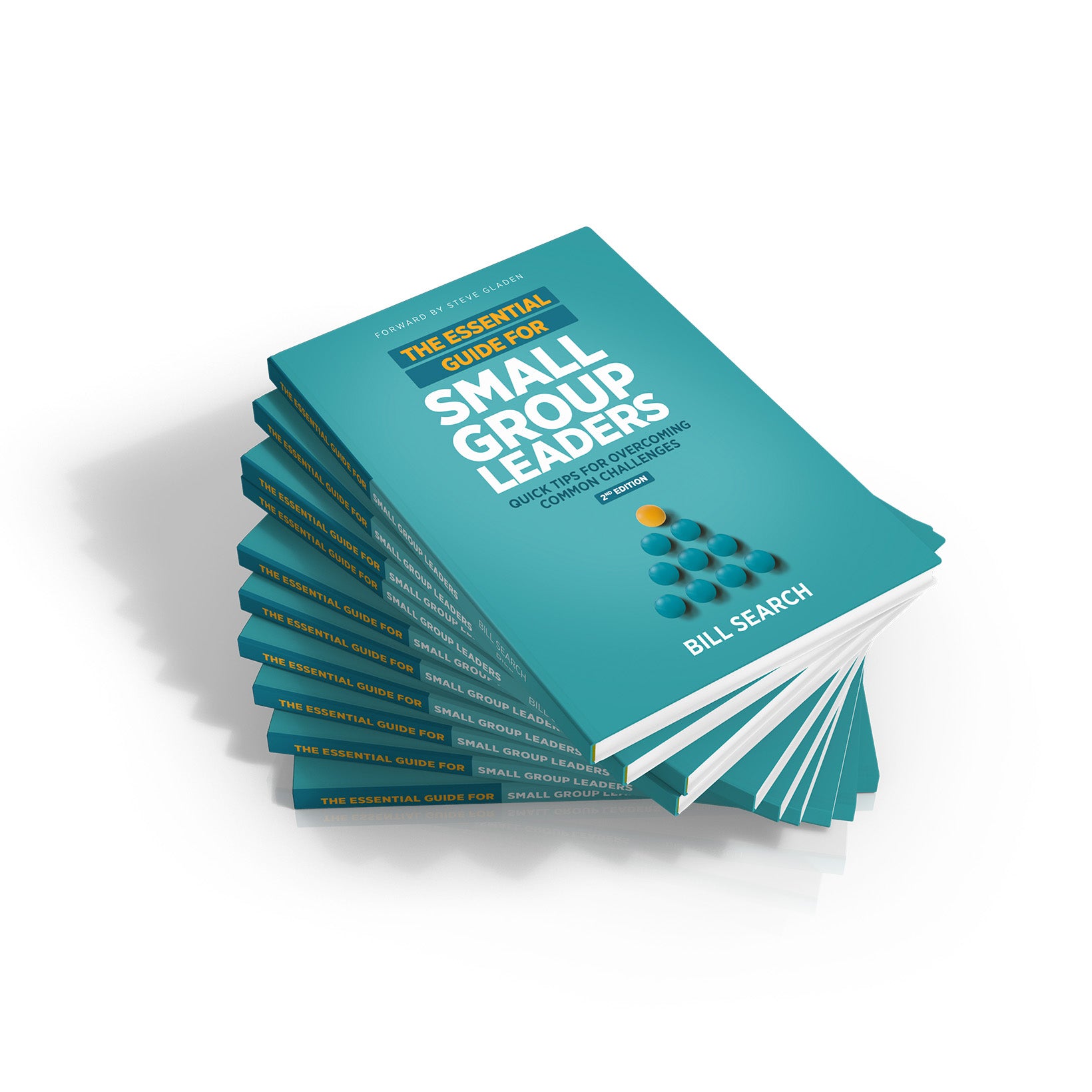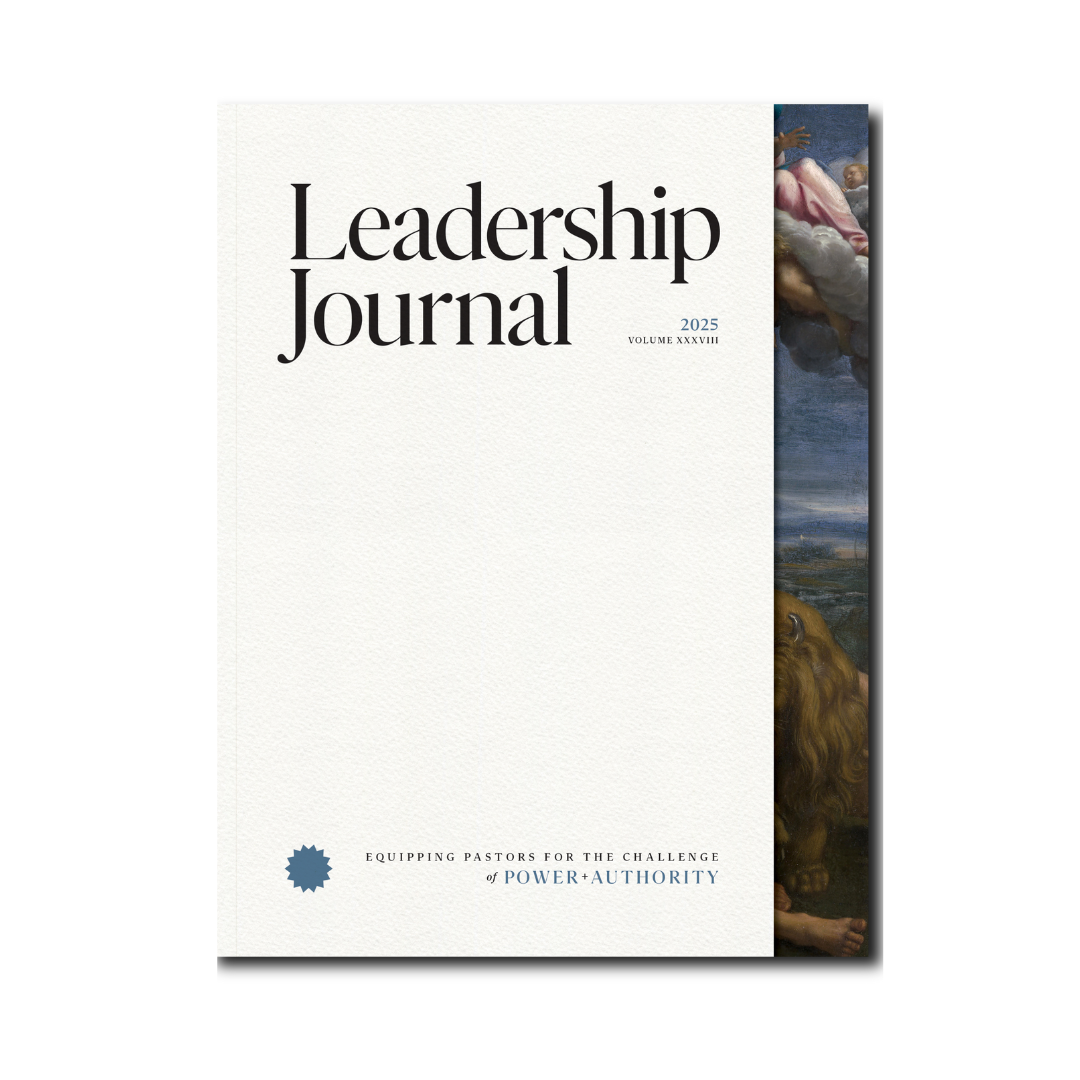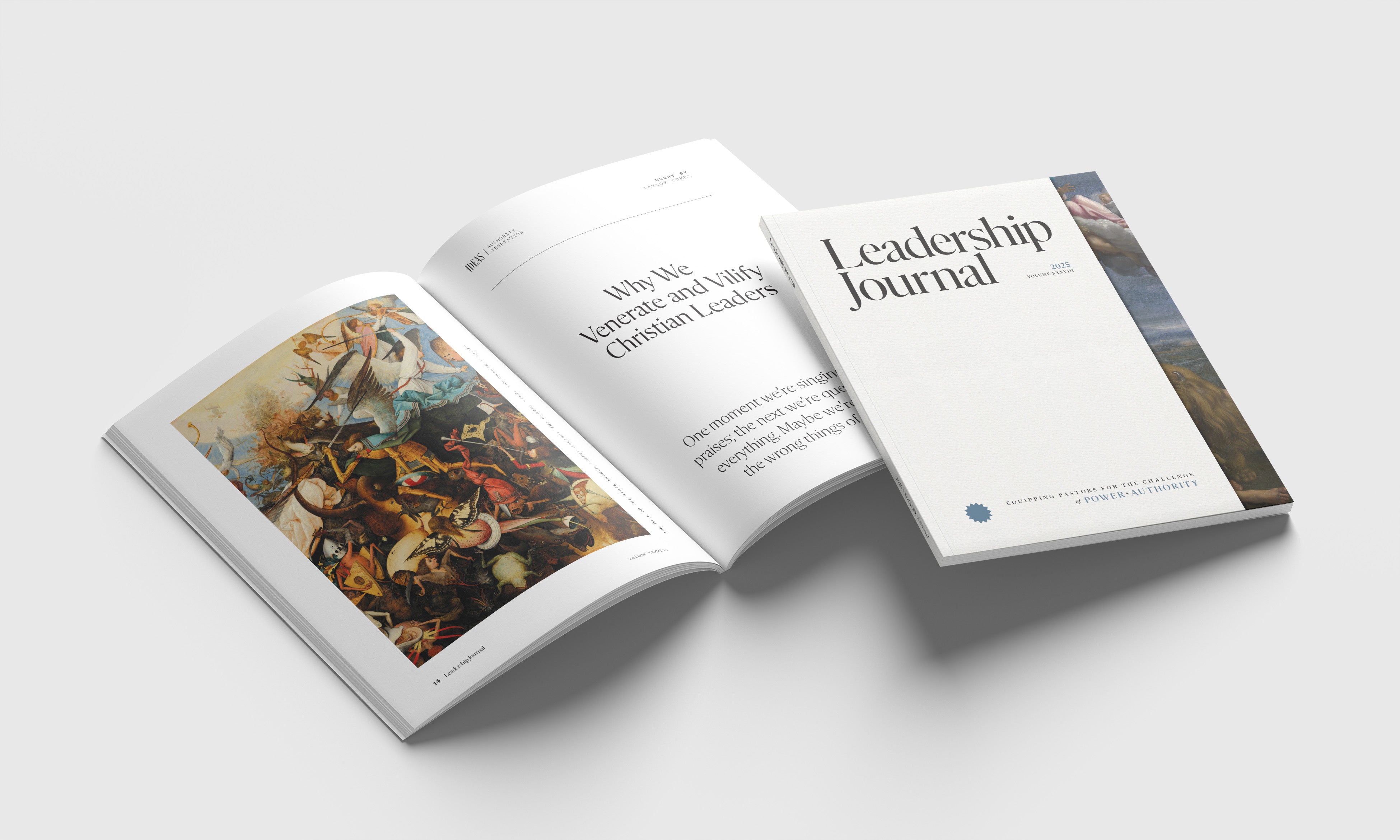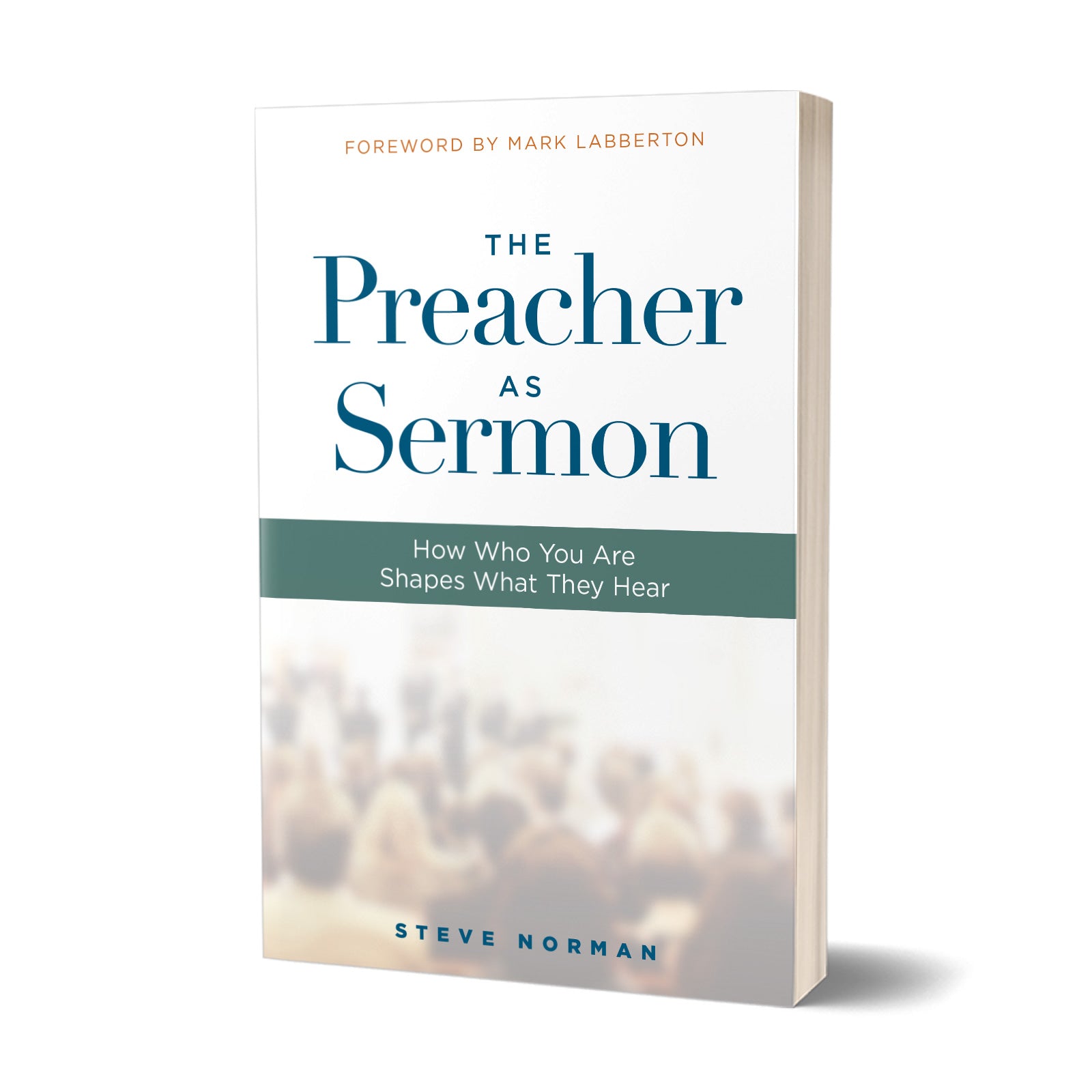The reference Jesus made to eating his flesh and drinking his blood is a metaphorical way of describing the person who draws on, claims, or lays hold of the reality of his atoning sacrifice by putting personal faith in him. We've constantly got to come back to that.
The Gospels capture that from beginning to end. Jesus is a person who confronts us through his Word. And when we realize that he's confronting us, then we have to respond to him. That's the ground, the base, of what's being said in this passage. The flesh and the blood are words which point to Jesus' death as a sacrifice, but it's eating "me" that Jesus talks about—in other words, receiving him as he confronts us in his character as Savior and Lord.
The commentators say different things about this passage, but these references do not directly relate to the Lord's Supper; instead they refer to what the Lord's Supper is about—Christ's upcoming sacrifice on Calvary. The Jews were understandably bewildered because they didn't know that Calvary was coming, and so they scratched their heads and asked the question which at that stage was unanswerable, really: "How can this man give us his flesh to eat?"
And what's flanking it on both sides is material in which the idea of eating Jesus is prominent and central. You eat the bread of life. Jesus makes it plain that means coming to him, which is the heart of the matter—an encounter with the Christ who confronts you. He goes right on to the end of the discourse, talking about eating his flesh and drinking his blood and having life as a result of doing so.
Put all of that in the framework of John's Gospel. There have been five chapters of John's Gospel leading up to this point; they establish the frame of reference into which eating Jesus' flesh and drinking his blood actually fits. Come to him and believe in him as Nicodemus was taught to do (John 3), as were the woman at the well and the other folk from Sychar in the next chapter. And in chapter five, you've got the reality of Jesus healing the cripple, and restoring to him a life that he didn't have before.
It all adds up, you see. And this is something that I find myself wanting to say over and over again to people who ask me about difficult Scriptures. If you read what leads up to them in the book from which they come, again and again you'll find that the problem answers itself, because the foundation for resolving it has already been laid.
Copyright © 2009 by the author or Christianity Today/Christian Bible Studies.


